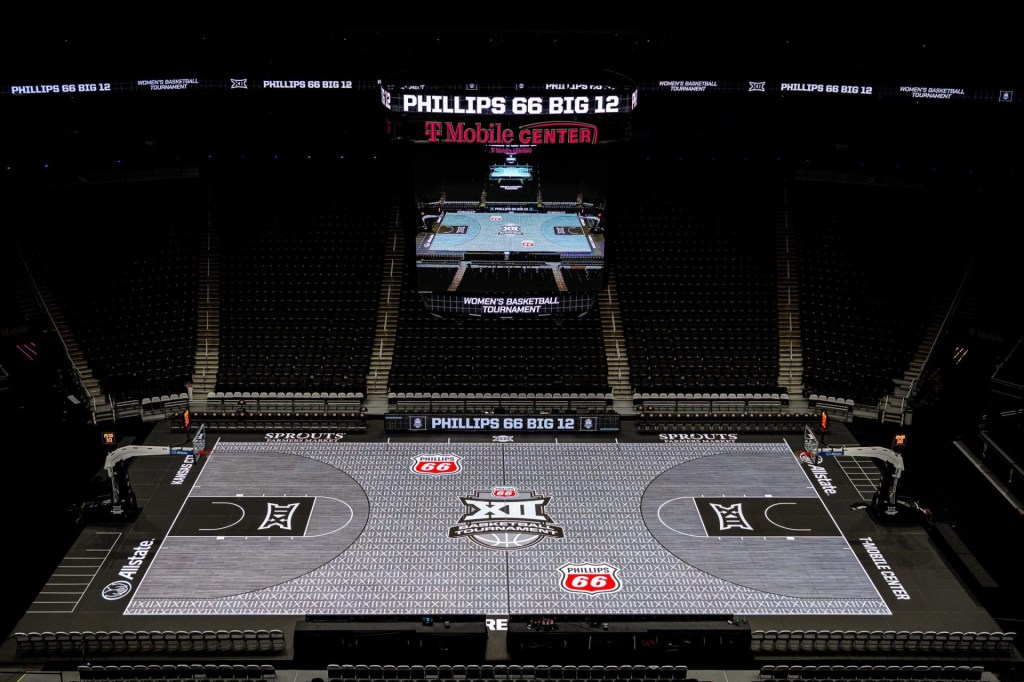The National Association of Intercollegiate Athletics announced Monday it had voted to ban transgender women from women’s competitions starting during the 2024–25 academic year, leading to questions about whether the NCAA will follow suit.
At the NAIA’s national convention, its executive body, the Council of Presidents decided “only students whose biological sex is female” can compete in women’s sports starting Aug. 1. The decision includes transgender men or nonbinary students who are undergoing hormone treatments.
“We know there are a lot of different opinions out there,” NAIA president Jim Carr told CBS Sports. “For us, we believed our first responsibility was to create fairness and competition in the NAIA. … We also think it aligns with the reasons Title IX was created. You’re allowed to have separate but equal opportunities for women to compete.”
Ahead of Sunday’s women’s national basketball championship, South Carolina coach Dawn Staley was asked for her opinion on transgender athletes.
“I’m of the opinion that if you’re a woman, you should play,” Staley said. “If you consider yourself a woman and you want to play sports, or vice versa, you should be able to play.”
The NAIA pales in comparison to the size of the NCAA, with just 241 schools, many of which are private with low enrollment. NCAA rules allow transgender athletes to compete if they adhere to guidelines of international sports governing bodies. In March, a group of female former athletes sued the NCAA for letting transgender athletes, such as former Penn swimmer Lia Thomas, compete against and share a locker room with them, which they allege violated Title IX.
An NAIA spokesperson told The Washington Post the organization does not track whether any out transgender athletes are currently among the roughly 83,000 athletes competing.
“This is unacceptable and blatant discrimination that not only harms trans, nonbinary, and intersex individuals, but limits the potential of all athletes,” Shiwali Patel, senior counsel for the National Women’s Law Center, said in a statement. “It’s important to recognize that these discriminatory policies don’t enhance fairness in competition. Instead, they send a message of exclusion and reinforce dangerous stereotypes that harm all women.
“This ban, along with over 20 discriminatory categorical sports bans across the country, emphasizes the urgency in having clear Title IX rules that expressly prohibit this type of sex-based discrimination, and ensure the rights of all students, including transgender, nonbinary, and intersex athletes, are safeguarded.”
The NAIA’s 2023–24 policy allows transgender and nonbinary athletes to compete in any gender category during the regular season, but this doesn’t transfer over to the postseason. In the NAIA postseason, transgender athletes who aren’t receiving gender-affirming hormone treatment can compete in coed sports or in single-gender sports in the category associated with the gender they were assigned at birth. Transgender men taking medically prescribed testosterone treatments, though, may not compete on women’s teams.
The NCAA, which has taken a sport-by-sport approach to transgender athletes, requires them to comply with the rules of the international governing body covering their sports specifically. Its policy was last updated, in January 2022, ahead of the swimming championships Thomas participated in. The NCAA Board of Governors is slated to meet April 25.
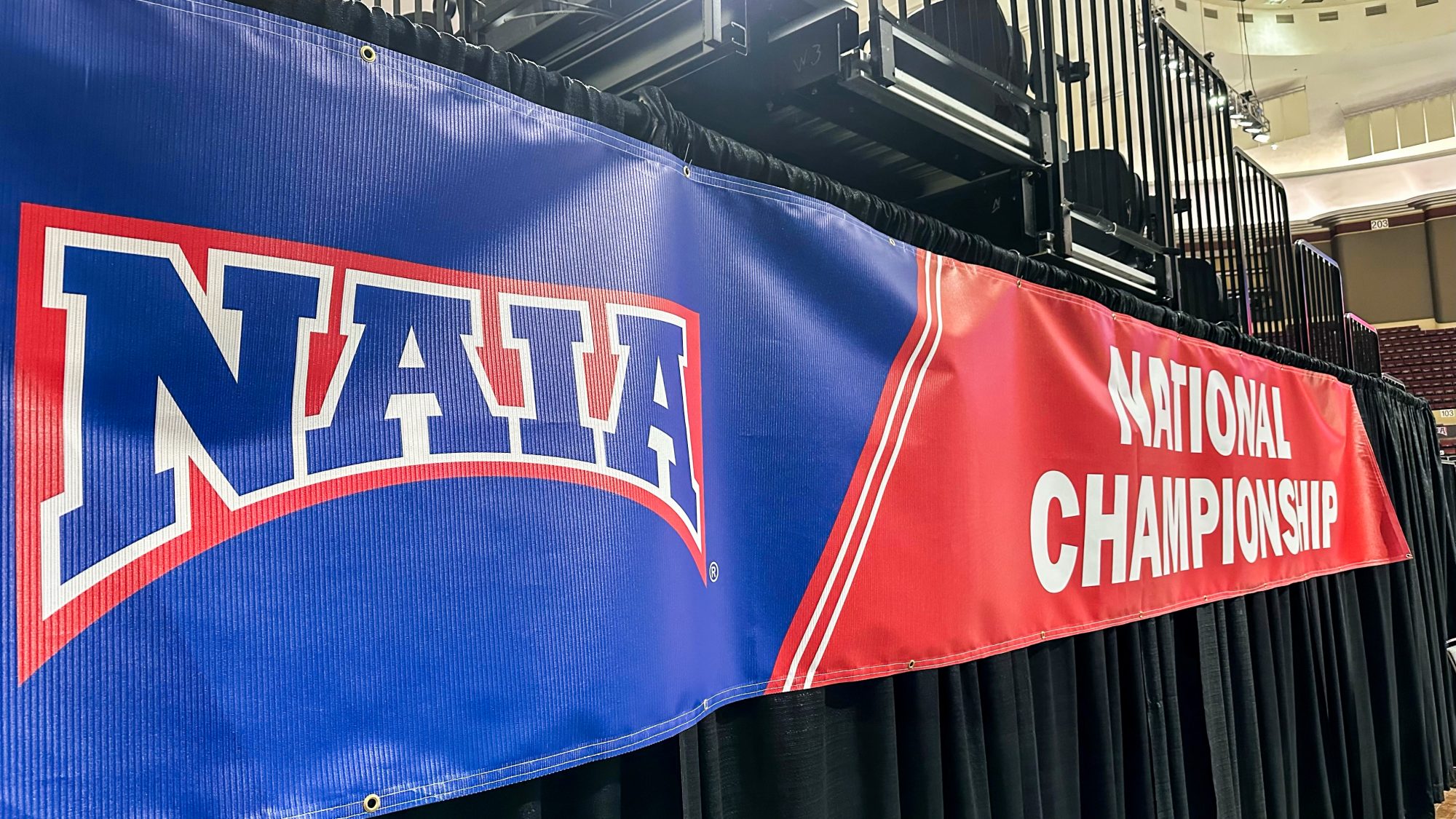
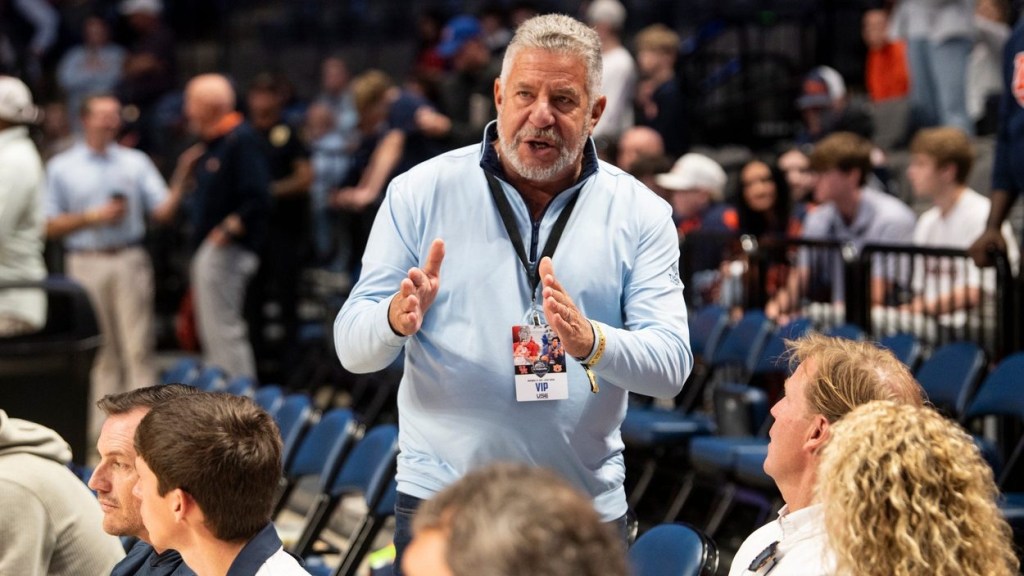
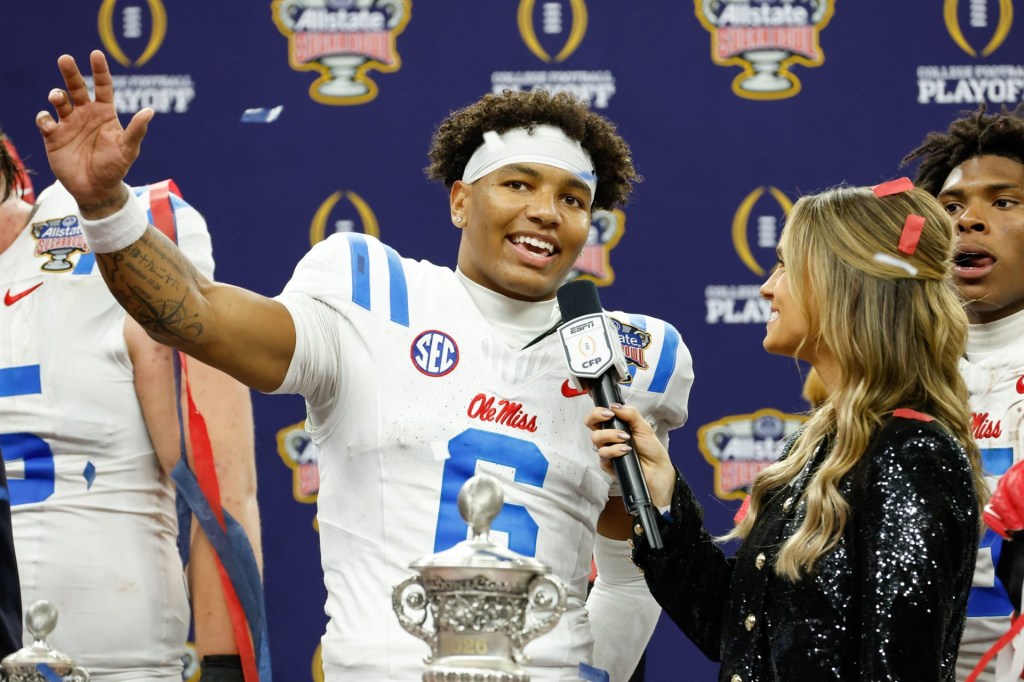
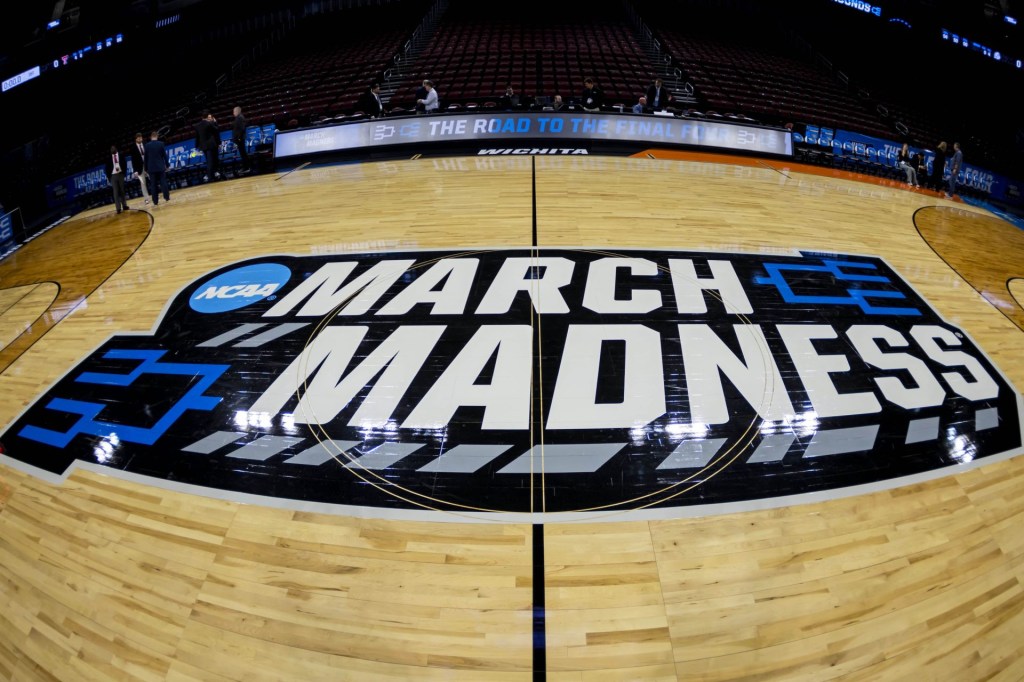
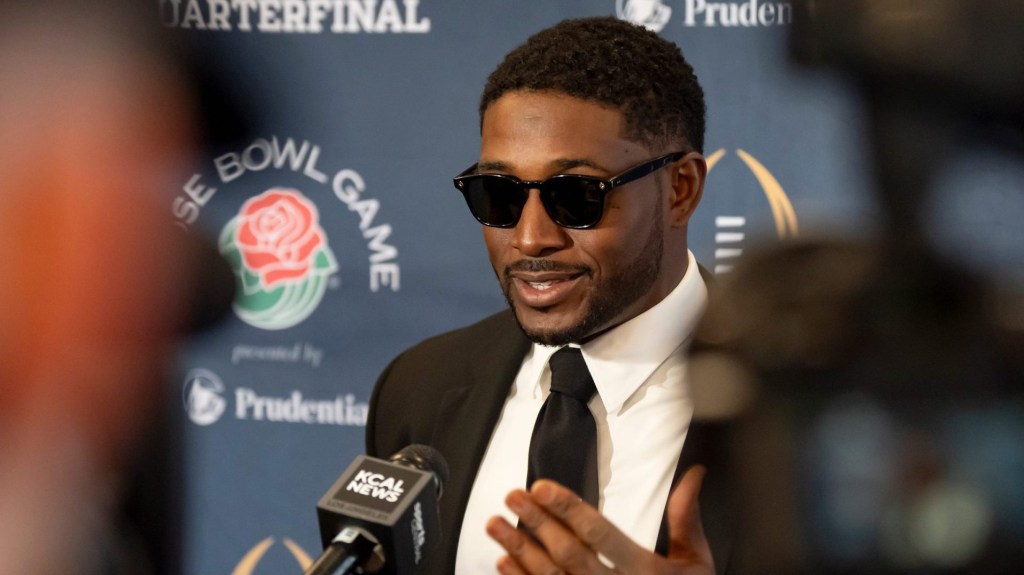



![[Subscription Customers Only] Jun 15, 2025; Seattle, Washington, USA; Botafogo owner John Textor inside the stadium before the match during a group stage match of the 2025 FIFA Club World Cup at Lumen Field.](https://frontofficesports.com/wp-content/uploads/2026/02/USATSI_26465842_168416386_lowres-scaled.jpg?quality=100&w=1024)
